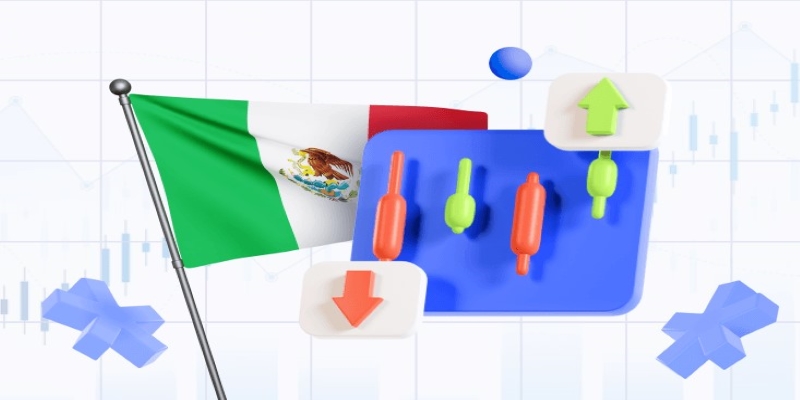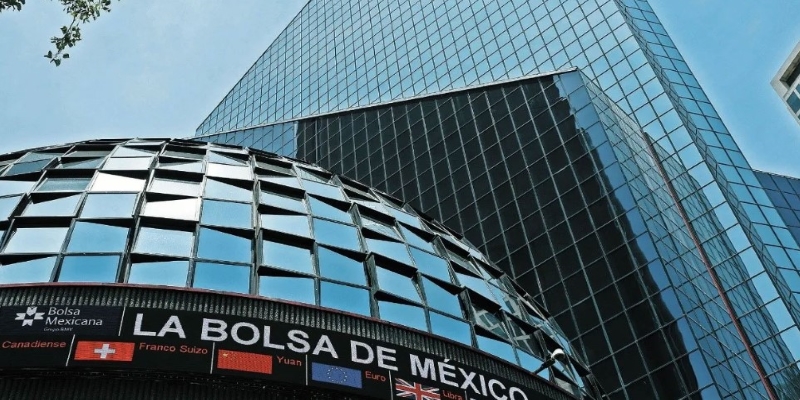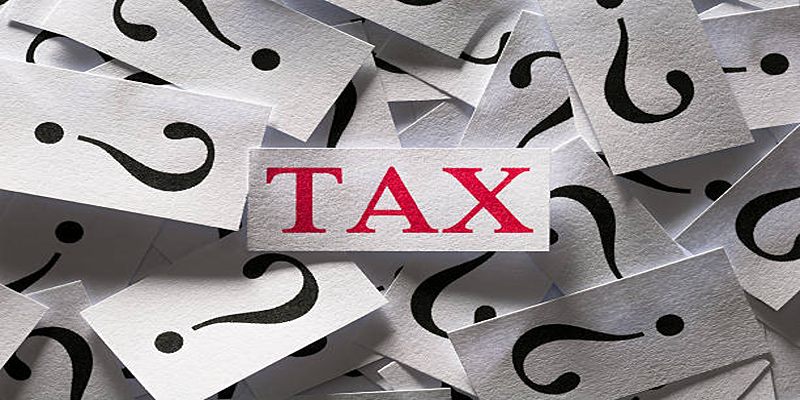The Mexican Stock Exchange, or Bolsa Mexicana de Valores (BMV), serves as Mexicos principal securities exchange and is a key player in Latin America's financial landscape. Situated in Mexico City, the BMV facilitates the trading of a wide variety of financial instruments, including stocks, bonds, and derivatives.
Since its inception in the late 19th century, the BMV has evolved into one of the largest stock exchanges in the region. As of 2024, the exchange continues to play a crucial role in fostering investment, economic growth, and financial innovation.
A Brief History of the BMV
The Mexican Stock Exchange was established in 1886 under the name "Mexican Mercantile Exchange." Over time, the institution grew in scope and importance, adopting the name Bolsa Mexicana de Valores (BMV) in 1975. During the late 20th century, the BMV consolidated other regional exchanges in Monterrey and Guadalajara, making it the dominant financial hub in Mexico.
A pivotal moment came in 2008 when the BMV became a publicly traded company through Mexico's first-ever Initial Public Offering (IPO). This event not only transformed the exchange but also bolstered Mexico's prominence in international financial markets. Today, the BMV is the second-largest stock exchange in Latin America, only behind Brazil's B3, with a market capitalization that reflects Mexico's diverse and expanding economy.

Technological advancements have also shaped the exchange's evolution. In 1999, the BMV transitioned to a fully electronic trading system, BMV-SENTRA, which significantly enhanced the speed and efficiency of trades. The exchange's move towards automation positioned it as a forward-looking entity, continually adapting to global trends.
The Role of the BMV in Mexicos Economy
The BMV is a cornerstone of Mexicos financial system, providing a platform for companies to raise capital and for investors to trade a wide range of financial instruments. Its offerings include equities, bonds, and derivatives, making it an essential hub for both domestic and international investors. In addition to enabling the growth of Mexican companies, the BMV facilitates cross-border investment through its Global Market, which allows local investors to access foreign securities.
In 2024, the BMV plays a critical role in shaping Mexicos economy by providing liquidity, fostering transparency, and promoting responsible business practices. The exchange is known for its contribution to Environmental, Social, and Governance (ESG) standards, with a growing emphasis on sustainable and socially responsible investments. Green bonds, for instance, have become a key focus, aligning with global efforts to combat climate change.
Top Listings on the Mexican Stock Exchange
The Mexican Stock Exchange (BMV) hosts a wide variety of companies across several key industries, reflecting Mexico's diverse economy. The top listings on the exchange are tracked by the S&P/BMV IPC Index, which includes the largest and most liquid companies. Here are some of the major companies listed on the BMV as of 2024:
Amrica Mvil: One of the largest telecommunications companies in the world, Amrica Mvil is headquartered in Mexico and operates across Latin America. It is a key player in the BMV and a major driver of Mexico's telecom industry.
Cemex: A global leader in building materials, Cemex is one of the largest cement producers in the world. The companys significant global footprint makes it one of the most prominent listings on the BMV.
Grupo Bimbo: As the worlds largest bakery company, Grupo Bimbo produces and distributes a wide variety of baked goods. It operates in more than 30 countries, making it a top stock on the Mexican Stock Exchange.
Walmart de Mxico y Centroamrica (Walmex): This is the largest retail company in Mexico, with a significant presence throughout Central America. As a Walmart subsidiary, it benefits from global retail expertise while driving significant domestic growth.
Fibra Uno (FUNO): The largest Real Estate Investment Trust (REIT) in Mexico, Fibra Uno is focused on managing and developing commercial real estate. Its portfolio includes shopping centers, industrial parks, and office buildings.
Grupo Financiero Banorte: One of Mexicos leading financial institutions, Banorte provides banking, insurance, and financial services, making it a critical part of the BMVs financial sector listings.
Femsa: Known for its vast portfolio in the beverage industry, Femsa operates Coca-Cola FEMSA, the largest Coca-Cola bottler by volume in the world, and owns OXXO, a leading convenience store chain in Latin America.
Alsea: A major operator of fast-food and casual dining chains in Mexico, Alsea is responsible for brands like Starbucks, Dominos Pizza, and Burger King in Latin America. It is a significant stock in the consumer discretionary sector.
Qualitas Controladora: This company operates in the insurance sector, specializing in auto insurance and offering coverage to a significant portion of the Mexican market. It is a key player in the financials sector on the BMV.
Grupo Aeroportuario del Pacfico (GAP): This company manages airports throughout Mexico's Pacific region and is a significant player in the industrial sector.
The Future of the Mexican Stock Exchange
As of 2024, the BMV is well-positioned to continue its growth, both domestically and internationally. Mexicos economic recovery, following global disruptions, presents opportunities for companies to expand and for investors to reap the benefits of a revitalized market. The exchange's focus on sustainability, transparency, and technological advancement will likely attract even more global capital in the coming years.

Moreover, the BMVs role in the Latin American Integrated Market (MILA)a cross-border alliance with Chile, Colombia, and Peruopens up additional opportunities for regional integration. With more companies participating in cross-border trading, the BMV continues to solidify its reputation as a leading financial hub in Latin America.
Conclusion
The Mexican Stock Exchange is not just a trading platform; it is a vital component of Mexicos financial infrastructure. From its historical beginnings in the late 1800s to its present-day status as a public company, the BMV has been instrumental in driving economic growth and fostering innovation.
With a strong regulatory framework, diverse listings, and a commitment to sustainability, the BMV remains a key player in both the Mexican and global markets. As we move further into 2024, the exchanges future looks bright, with new technologies and expanded investment opportunities on the horizon.







